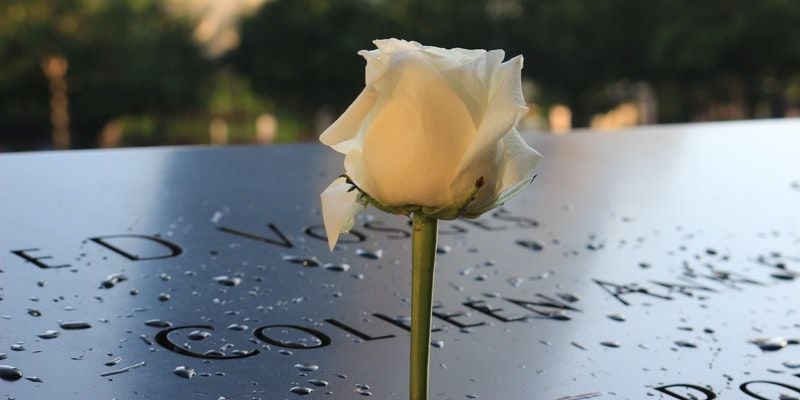Managing Your Loved One's Digital Afterlife
Learn to manage your loved one's digital legacy with care and respect through Community Funeral Service.

In an age where our lives are increasingly lived online, dealing with a funeral home in La Habra, CA, a loved one's digital presence after they pass away has become an essential part of managing their legacy. The "digital afterlife" concept encompasses all the digital content, accounts, and data created by individuals during their lives, which remains on various platforms after their death. As much as this is a new terrain for many, understanding how to manage it compassionately and legally is essential. Here's a guide to help you navigate through this delicate process.
First Steps: Authorizations and Assessments
Getting started involves determining what digital assets exist and your legal authority to access them. This process begins by inventorying the deceased's digital assets, including social media accounts, emails, cloud storage, financial accounts, and website domains. Following the list, check if these services have specific policies or tools for deceased users - such as Facebook's Memorialization option or Google's Inactive Account Manager.
Understanding Legalities and Rights
The next step involves grasping the legal landscape surrounding digital assets. Laws governing digital assets after death vary by jurisdiction, so seeking legal expertise to understand your rights is essential. In some places, laws such as the Revised Uniform Fiduciary Access to Digital Assets Act (RUFADAA) in the United States give fiduciaries the right to manage and close down online accounts. Yet, even then, user agreements and privacy concerns can complicate matters.
Executing Wishes Respectfully
If the departed had outlined wishes for their digital afterlife, ensuring those requests are executed with respect is paramount. Some may express their desire for accounts to be deleted, while others might wish for profiles to remain active as a memorial. Communicate with family members and friends to involve them in decisions and share the responsibility of curating the digital memory of the loved one.
Engaging with Service Providers
It would help if you interacted with service providers to carry out account modifications or closures as you proceed. Be prepared to provide proof of death, identification, and, in some instances, documentation proving your authority over the deceased's digital estate. Each company has its own protocol, so patience and persistence are necessary during this step.
Preserving Memories
Before closing accounts or deleting data, create backups of photos, videos, messages, and other meaningful mementos. You can download the content or use digital legacy tools provided by some platforms. Preserved memories could be used to create digital or physical memorials that honor your loved one's life and allow friends and family to reminisce.
Privacy and Identity Protection
Protecting their identity is essential to administering your loved one's digital afterlife. Cybercriminals can target dormant accounts; thus, ensure that you deactivate accounts no longer needed to prevent misuse. Be particularly vigilant with financial details, promptly closing any solely held accounts.
Seek Support and Take Your Time
Remember that managing a digital afterlife does not have to be rushed during a difficult period. Seek emotional support from those around you and seek professional advice if necessary. Facing many tasks associated with a digital footprint is daunting, but breaking down responsibilities into manageable steps can make the process more approachable.
Handling the digital afterlife of a departed loved one is a sensitive and intricate task that requires careful consideration. One can responsibly and respectfully manage a funeral home in La Habra, CA, and a cherished person's digital existence by methodically inventorying assets, providing legal authorization, fulfilling final wishes, preserving invaluable memories, and ensuring continued privacy. Remember to take the journey at your own pace, and don't hesitate to call upon others for help balancing remembrance with closure in the digital world. Our staff at Community Funeral Service are here to help. Contact us today to learn more.










